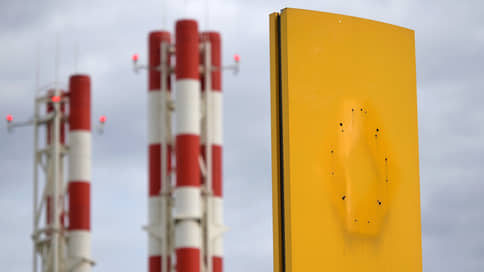Assets for the elite – Newspaper Kommersant No. 49 (7494) of 03/23/2023
[ad_1]

The state is tightening control over transactions with shares and bonds of Russian companies, as well as OFZ and shares that, before the start of the Russian military operation in Ukraine, belonged to foreign persons, and in 2022 were transferred to Russian residents in a “special procedure”. Now, even for the subsequent sale or transfer of such securities, permission will be required from the government commission for the control of foreign investment – a resolution on expanding its powers was approved by the government. According to experts, the tightening of rules will allow controlling the movement of assets and create additional guarantees for the stable operation of production facilities – in addition, the measures will exclude transactions with assets that have depreciated last year that threaten the stability of the financial market.
The government approved new amendments to the rules for issuing permits for transactions with securities previously owned by foreign persons by the government commission for control over foreign investment in the Russian Federation. Recall, in order to avoid the mass withdrawal of foreign investors from the market and its collapse after the start of the Russian military operation in Ukraine and the imposition of sanctions on developed economies caused by it, the government in March 2022 approved the rules for transactions of Russian companies with citizens and companies from unfriendly countries. All of them must be agreed upon by the relevant legal commission, where the participants in each transaction must submit all data on its goals, subject and essential conditions.
The new government decree (No. 409 of March 18) amends the current procedure for obtaining such permits (defined by decree No. 295 of March 6, 2022) – it was required to detail the application of presidential decree No. 138 of March 3, 2023. The decree expands the restrictions imposed in March last year on transactions with securities that, after March 1, 2022, were sold by former owners from unfriendly countries to Russian residents or persons from friendly states and were localized in Russia. That is, if earlier permission was required only for the first transaction for the sale of securities by unfriendly persons, now the authorities will control all subsequent transactions with them.
The restrictions will affect shares of Russian JSCs, bonds of Russian issuers (including NSD), OFZs, and investment units of mutual funds. The buyers of such securities can be both residents of the Russian Federation and non-residents from friendly countries, as well as non-residents under the control of Russian entities (controlled foreign companies disclosed in the Russian Federation). Transactions with banks will require the approval of the Bank of Russia, and with companies – the government commission for foreign investment.
Ekaterina Orlova, head of legal practice at CM Grace Consulting, notes that the measure is aimed at solving two problems at once: firstly, it allows to further restrict the transactions of affiliated persons of those foreign banks that still continue to operate in the Russian Federation, which makes it difficult for them to withdraw assets with the participation of residents of friendly jurisdictions, which, in turn, may be under the control of persons from hostile jurisdictions. “It also fixes restrictions for new business from friendly countries that entered the Russian stock market in the hope of obtaining favorable conditions for their subsequent sale,” she explains.
According to another interlocutor of Kommersant in the market, the restriction introduced may be insurance against spontaneous actions with securities – the first new holders of Russian assets owned by foreigners were selected carefully and on certain conditions (to continue the operation of the enterprise, to maintain employment), since, as a rule, the companies sold were engaged in business significant for the economy. “In this case, stable operation of production facilities can be guaranteed,” the expert explains.
The tightening of regulation may be partly related to the government’s plans to liberalize the investment regime for friendly countries, which may create risks of withdrawing such assets beyond the perimeter controlled by the government and the Central Bank. At a recent RSPP forum, we recall, the White House promised relief for new investors from friendly countries in terms of lifting capital restrictions (see Kommersant on March 17).
[ad_2]
Source link






